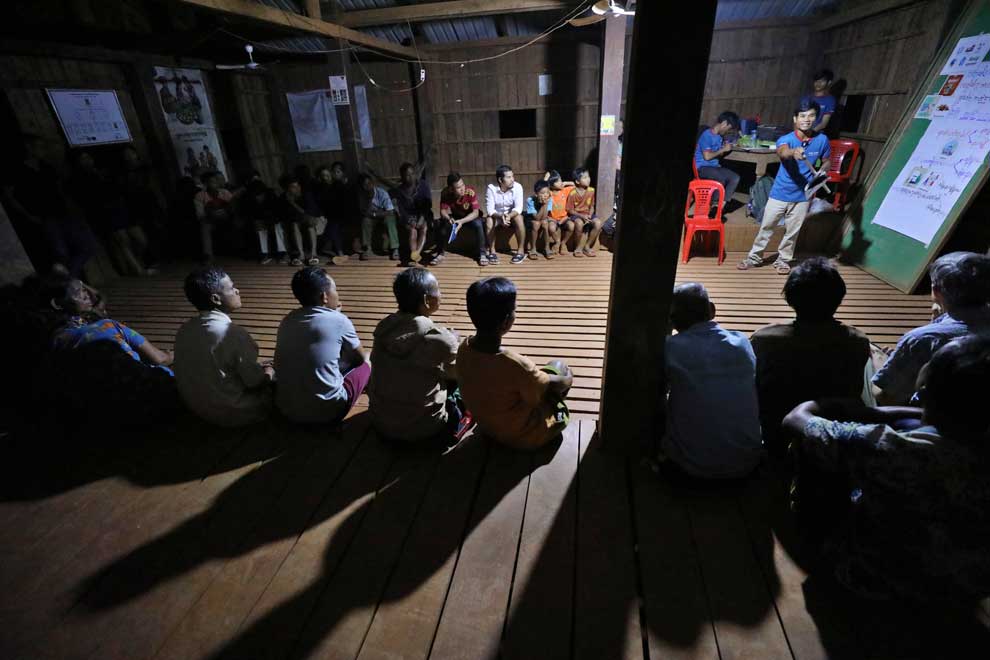Introduction
Financial literacy is critically important for tribal communities, particularly for those like the Kreung ethnic group in Ratanakiri, Cambodia. These communities often reside in isolated areas where traditional banking infrastructure is scant and educational opportunities are limited. Seoung Lort, a resident of Taveng district, underscores the stark absence of financial knowledge within his community.
Transforming Financial Practices Through Education
Historically, members of Lort’s community have relied on informal borrowing methods, such as loans from friends and family, usually repaid with cash or barter. However, the introduction of microfinance institutions (MFIs) has revolutionized their access to financial services, though not without challenges. Lort, for instance, has borrowed from an MFI multiple times to support his rubber plantation, successfully managing his debts through the profits of his farm.
Nhav Vorn, another local, has benefitted from financial literacy programs that teach vital skills in household money management. Since participating in these courses, Vorn has taken several small loans to improve his living conditions, a testament to the power of education in enhancing financial responsibility. These programs have proven instrumental in helping residents understand the implications of borrowing and manage their finances more effectively.
Community Impact and Future Directions
The introduction of financial education has significantly altered borrowing behaviors in the region. Local officials have observed a decrease in reckless borrowing following these educational initiatives, as community members become more cautious and informed about the potential pitfalls of loans. The collaboration between local banks, MFIs, and international aid agencies has been crucial in extending financial literacy to these underserved populations.
Gordon Paterson, a community liaison officer, has been particularly active in providing financial education tailored to the needs of these ethnic groups. By 2023, with the support of various stakeholders, including the American embassy and local businesses, educational programs have reached numerous communities, teaching them prudent financial practices and the importance of credit management.
Conclusion
The efforts to bring financial literacy to tribal areas in Cambodia are a beacon of hope for similar communities worldwide. As these programs expand, they not only improve individual financial stability but also enhance the economic resilience of entire communities. With continued support and commitment, financial literacy can transform the economic landscape for marginalized populations, empowering them to make informed decisions that foster long-term prosperity.

